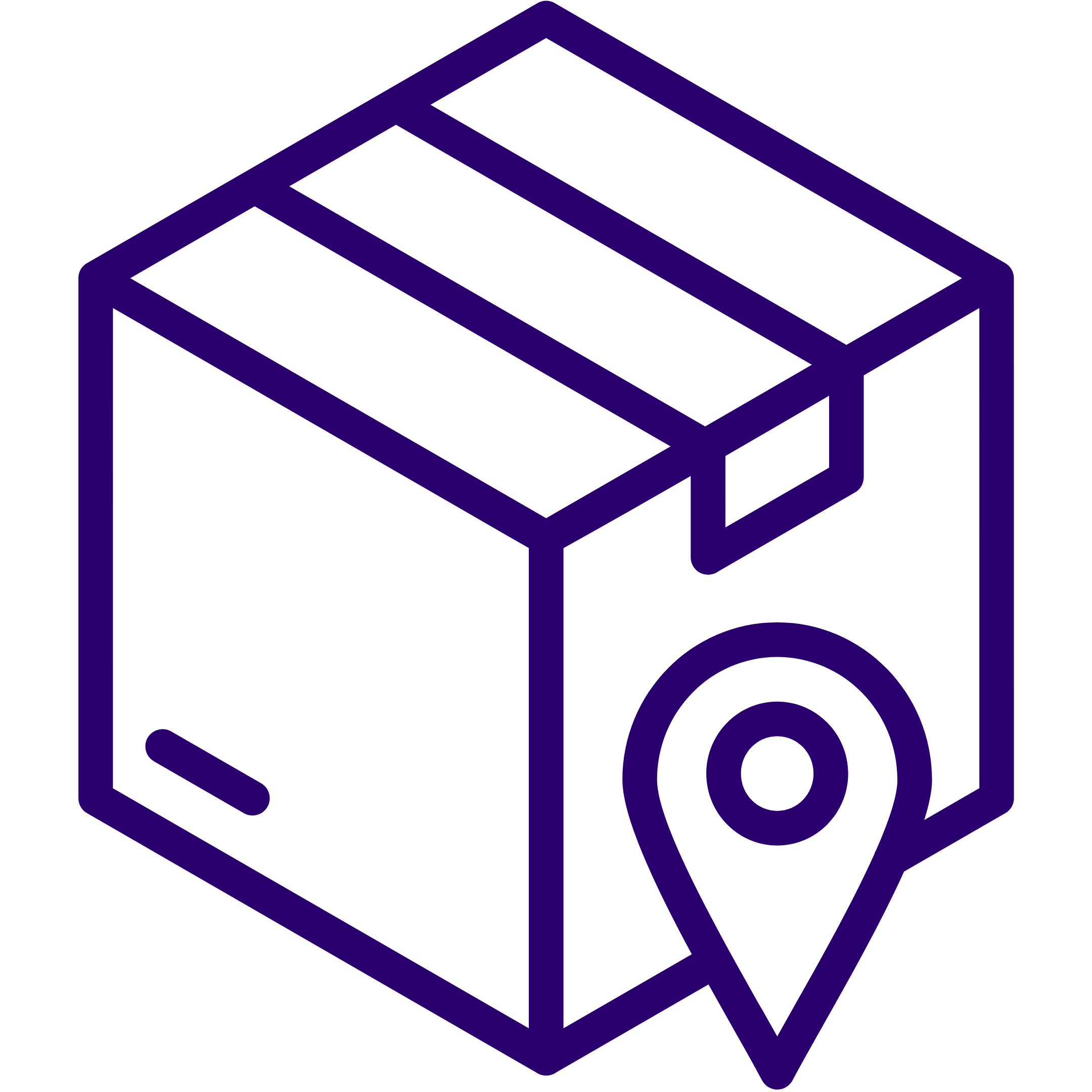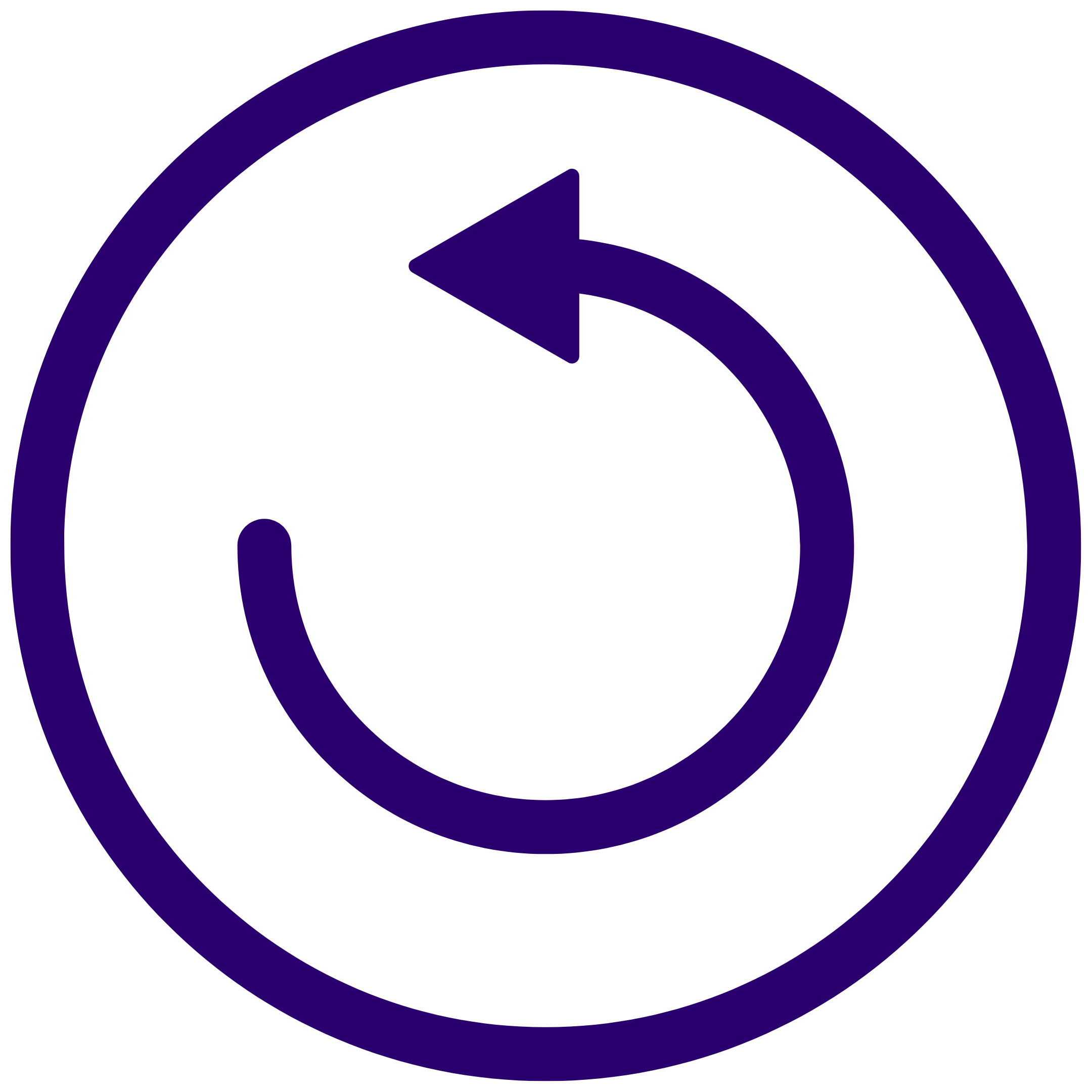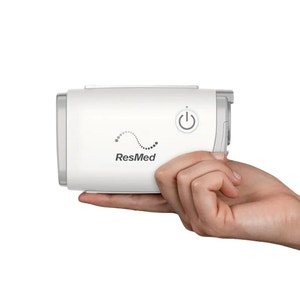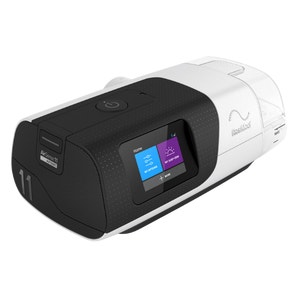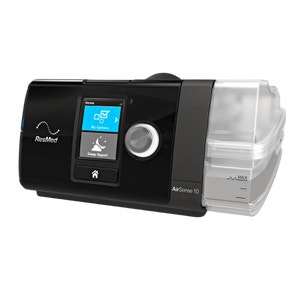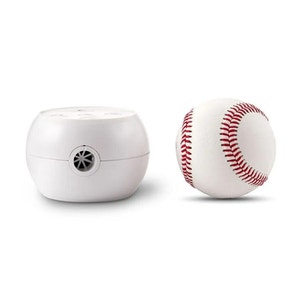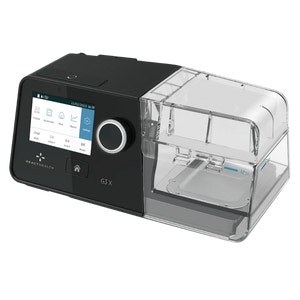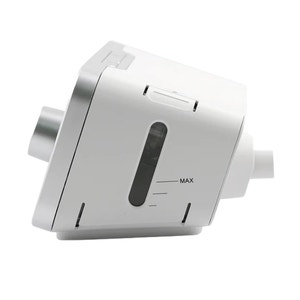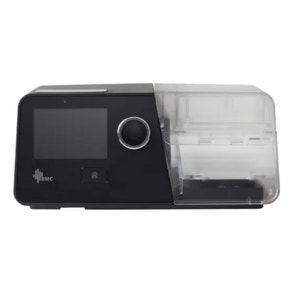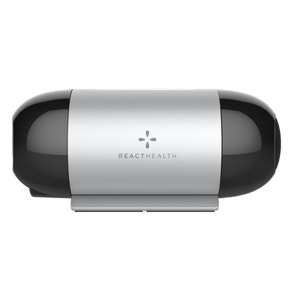
 Resvent iBreeze Auto CPAP Machine with Heated HumidifierSpecial Price $340.00 Regular Price $570.00
Resvent iBreeze Auto CPAP Machine with Heated HumidifierSpecial Price $340.00 Regular Price $570.00 React Health Luna G3 Auto CPAP Machine with Heated HumidifierSpecial Price $754.00 Regular Price $849.00
React Health Luna G3 Auto CPAP Machine with Heated HumidifierSpecial Price $754.00 Regular Price $849.00

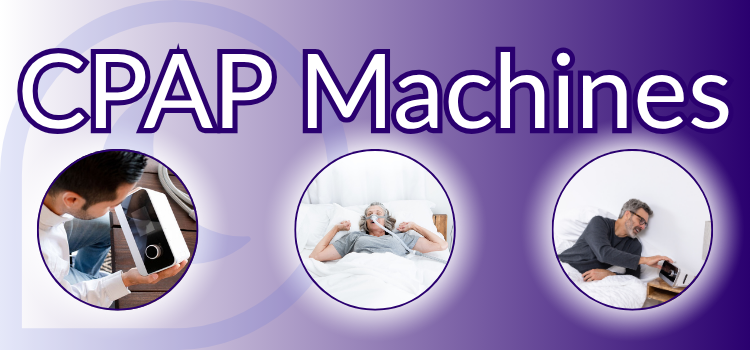
What Are CPAP Machines and How Do They Help Treat Sleep Apnea?
The National Heart, Lung, and Blood Institute (NHLBI) of the National Institutes of Health (NIH) classifies Continuous Positive Airway Pressure devices as CPAP machines. What are CPAP machines used for? They are designed specifically to treat Obstructive Sleep Apnea (OSA), a sleep disorder where the airway collapses or becomes blocked during sleep, leading to pauses in breathing. The primary function of CPAP machines is to facilitate the delivery of a constant and steady flow of pressurized air to the airway during CPAP therapy. Using CPAP machines for sleep apnea treatment can improve airflow during sleep, and overall sleep quality.
Types of Sleep Apnea Therapy Machines
Sleep apnea treatment devices are available in several different types of machines. The differences and benefits of these various types of machines that we carry are listed below:
-
CPAP Machines: Continuous Positive Airway Pressure (CPAP) machines facilitate continuous and fixed levels of pressurized air throughout your breathing cycle to prevent the collapse or obstruction of your airway.
-
BiPAP Machines: Bi-Level Positive Airway Pressure (BiPAP) machines deliver two distinct levels of air pressure. Higher pressure levels are used during inhalation and lower pressure is used during exhalation.
-
APAP Machines: Auto-Adjusting Positive Airway Pressure (APAP) machines are able to automatically air pressure levels as they’re being delivered, based on your own personal breathing patterns.
-
Travel CPAP Machines: Portable CPAP Machines are perfect for travel as they’re compact, lightweight, and often provide many of the same benefits of a bedside CPAP device.
-
What Is CPAP Therapy?
CPAP therapy is widely considered the standard treatment for moderate to severe obstructive sleep apnea. How does sleep apnea treatment using a CPAP machine work? CPAP therapy typically consists of three primary components; CPAP machines, CPAP masks, and air pressure. Most CPAP machines can rest on your bedside table and are connected to a CPAP mask that facilitates the delivery of pressurized air (using the prescribed pressure settings dictated by your healthcare provider) from your device, keeping your upper airways open and unobstructed.
Symptoms of Sleep Apnea
There are different types of sleep apnea such as Obstructive Sleep Apnea (OSA), Central Sleep Apnea (CSA), each defined by various underlying causes. The information on this page will primarily pertain to OSA and can vary in it's relevance depending on your specific treatment options and needs. In any case, it is vitally important to address any potential symptoms you may be experiencing as untreated sleep apnea can lead to heart disease, diabetes, congestive heart failure and many other serious health problems.
Common Symptoms of OSA:
-
Loud and persistent snoring
-
Pauses in breathing throughout sleep
-
Choking or gasping sensations during sleep
-
Excessive daytime sleepiness
-
Changes in mood and/or ability to concentrate
-
Dry mouth
-
High blood pressure
Common Causes of OSA:
-
Obesity
-
Natural obstructions (such as narrow airway, enlarged tonsils)
-
Age
-
Genetic predispositions
-
Use of alcohol and sedatives
-
Smoking
-
Nasal congestion
-
Side Effects of CPAP Therapy
While highly effective in treating OSA and improving not only sleep quality, but overall quality of life, CPAP therapy can be associated with certain side effects. Because of this some sleep specialists will attempt to start treatment with sleep medicines or oral appliances but many of the potential side effects of CPAP treatment can be avoided.
Some common side effects of CPAP therapy:
-
Dryness or congestion: Standard CPAP treatment can be known to cause dryness in your nose, through, and mouth, which can sometimes can be attributed to your pressure settings being too high thus allowing too much pressurized air to be delivered to your airways. Having a device with a built-in humidifier water chamber can be the best option to alleviating this issue, especially a heated humidifier.
-
CPAP Mask Discomfort: There’s a wide variety of types of CPAP masks, such as full face masks, nasal masks, nasal pillow masks, and more. Different masks can present their own unique issues but the most common side effects from wearing a CPAP mask are general discomfort, pressure sores, and skin irritation - especially around the nose, cheeks, or forehead.
-
Mask Leaks: If your mask is not fitted and secured properly you may experience air leaks, which can reduce the effectiveness of your CPAP therapy and disrupt your sleep.
-
Aerophagia: A condition where air is unintentionally swallowed, which may cause bloating, excessive gas, and discomfort.
-
Claustrophobia: Some may feel a great sense of anxiety or claustrophobia when adjusting to wearing a CPAP mask, which can be especially true if you already suffer from claustrophobia.
-
Skin Irritation: The pressure created by CPAP mask headgear straps (or the mask frame itself) can lead to skin irritation, friction marks, or pressure sores.
-
What To Do If You Suspect You Have Sleep Apnea
The best way to evaluate your symptoms is to discuss with your healthcare provider what you’re experiencing so they can assess and decide if you’re at risk and potentially refer you for a sleep study. You may also choose an affordable sleep test that you can do at home like the one we offer through our partnership with restASSURED, which you can view more details about here.
How to Clean Your CPAP Machine
Keeping your CPAP machine regularly cleaned and maintained not only promotes the longevity of your device but also ensures more effective CPAP therapy and improved hygiene. Be sure to review and follow the specific instructions provided by the manufacturer of your CPAP machine. You can find more helpful CPAP cleaning tips below:
-
Empty any remaining water from your humidifier water chamber and rinse with distilled water before allowing to air dry in a clean, dry location. This should be done on a daily basis.
-
Wash your humidifier water chamber with warm soapy water before rinsing and air dried, This process should be completed on a weekly basis.
-
Disconnect your CPAP tubing and wash in warm soapy water daily. Rinse and allow to air dry. You can also clean your tubing with a 1:3 vinegar to water ratio on a weekly basis (rinse thoroughly and allow to air dry).
-
Disposable air filters should be replaced every 2 weeks and checked regularly for buildup, debris, discoloration, and clogging. Reusable filters can be washed and air dried.
-
CPAP machines should be wiped down with a damp cloth on a monthly basis, but be sure that no moisture makes its way inside your machine. Avoid using strong cleaning agents such as bleach or alcohol-based solutions.
-
Distilled water should be used in your humidifier water chamber to prevent mineral deposits.
-
CPAP cleaning devices and sanitizers are a fantastic option for cleaning your CPAP supplies. Many CPAP cleaners utilize UV light or ozone to sanitize such as the LiViliti Paptizer UVC LED Smart CPAP Sanitizer, or the Lumin CPAP Supplies Sanitizer.
Browse our selection of CPAP cleaning supplies and read more about cleaning your CPAP supplies with this helpful blog.
-
How Long Do CPAP Machines Last?
CPAP machine lifespans can differ based on various factors such as how well your machine is maintained, how often you use your machine, and the quality of your CPAP device. Generally CPAP machines last an average of 5 years and it is typically recommended to replace your device at that time.
Learn more about the ideal replacement schedule for your CPAP supplies with this helpful blog.

